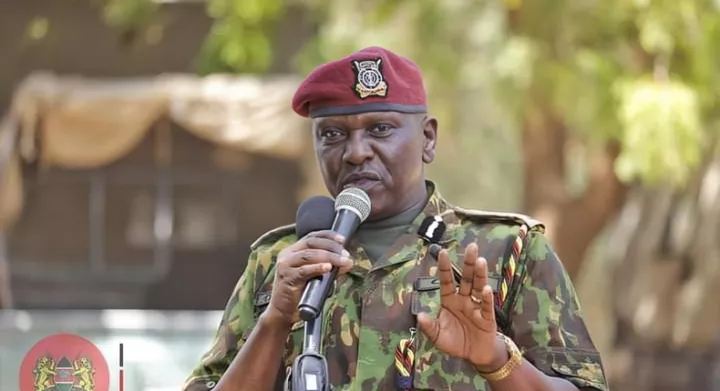
The Kenyan government has today announced a ban on the ongoing demonstrations in the central area of Nairobi after claims that criminal gangs have infiltrated the protests.
The police chief, Douglas Kanja Kiricho, issued a statement asserting that criminal groups plan to exploit the protests for their own violent activities, including looting.
As a result, all demonstrations in the Nairobi Central Business District and its environs have been prohibited for the safety of the public.
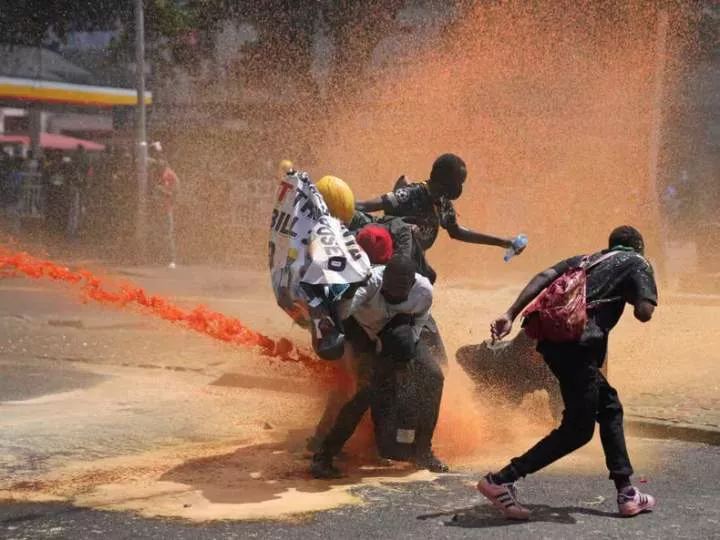
The protests, which began peacefully about a month ago in response to proposed tax hikes, later turned violent resulting in the death of at least 50 civilians so far.
The protests, which began peacefully about a month ago in response to proposed tax hikes, later turned violent resulting in the death of at least 50 civilians so far. In response to the demonstrations by the Kenyan youths, President William Ruto withdrew the legislation and dismissed most of his cabinet.
However, Ruto's move has failed to appease the activists who intend to make him a scapegoat by demanding his resignation and reforms to combat corruption and improve governance.
Government spokesperson Isaac Mwaura said the country has lost approximately six billion Kenyan shillings ($46 million) as a result of the demonstrations.
"The president and the government at large (have) heard you loud and clear and we are ready to act on your concerns," Mwaura said in a televised statement.
He did not provide details on how this figure was calculated but assured that the government is willing to address the protesters' concerns.
In response to the protests, President Ruto recently promised to establish a broad-based government. However, the opposition coalition rejected this proposal and instead called for a constitutional convention.
President Ruto's office scheduled "multi-sectoral" talks this week to address the protesters' grievances, but as of Thursday, it is unclear whether these discussions have commenced.

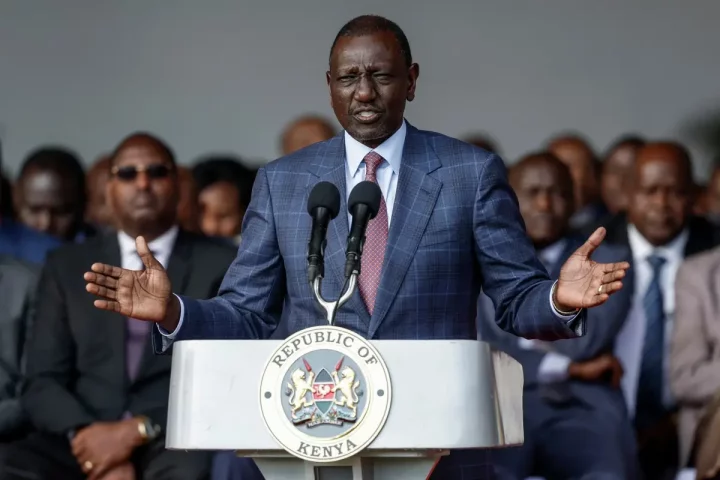
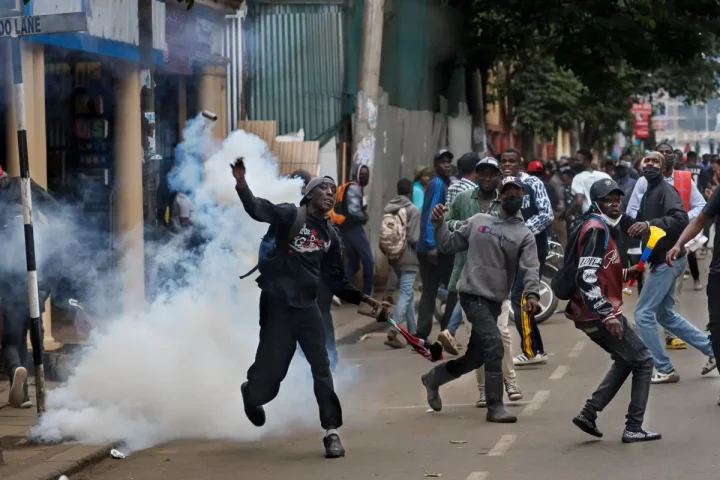
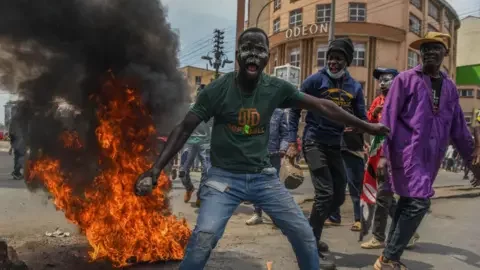
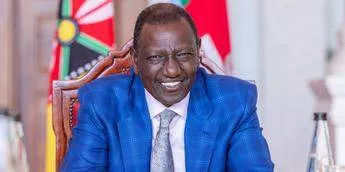
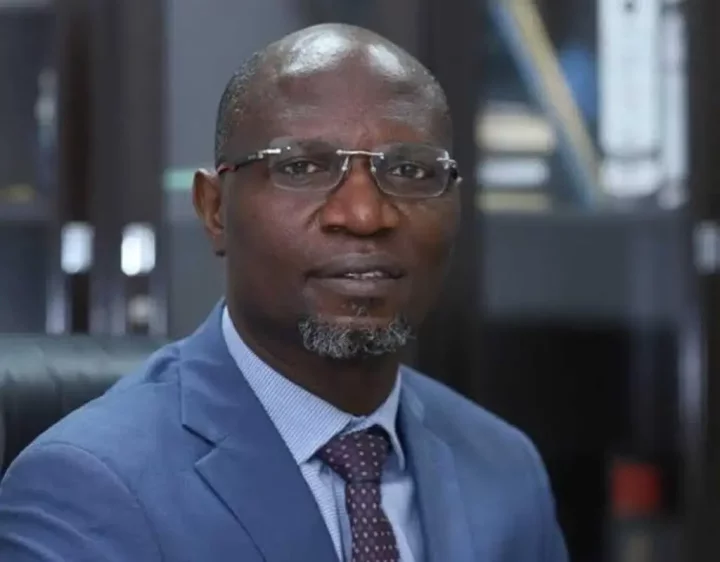
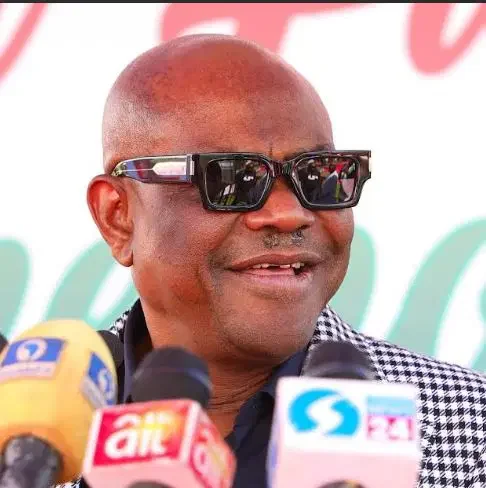

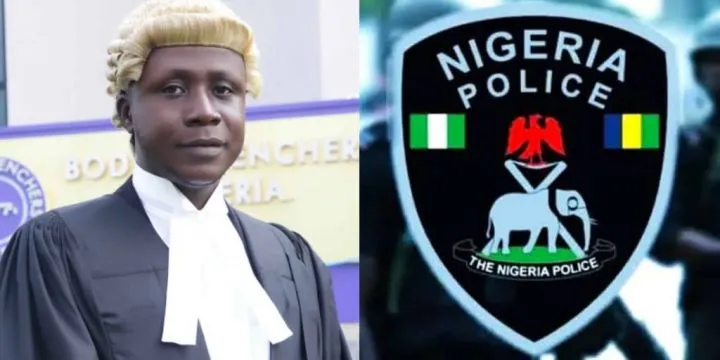




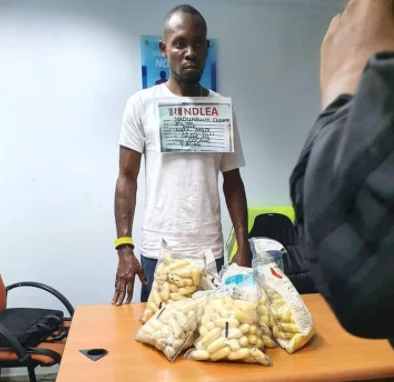


Comments